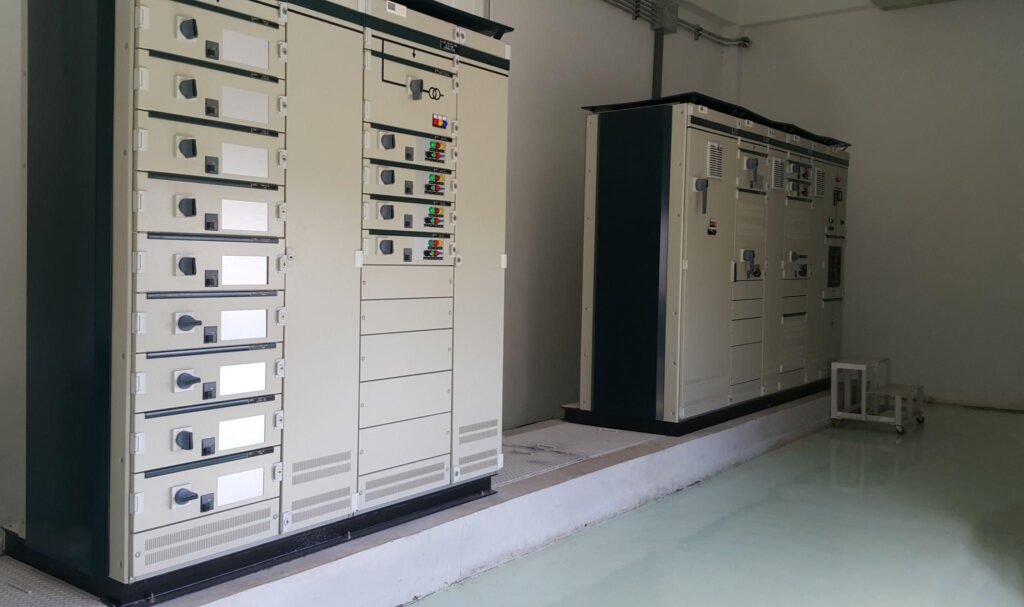As our reliance on electricity grows, so does the desire for energy independence and sustainability. One innovative solution that addresses these aspirations is the home energy storage system. This technology enables homeowners to store excess energy generated from renewable sources or during off-peak hours, providing reliable power when it’s needed most. In this article, we will delve into the concept of a home energy storage system, uncovering its functionalities, benefits, and the role it plays in shaping the future of residential energy consumption.
Understanding a Home Energy Storage System:
A home energy storage system, also known as a residential battery system, is a device that stores electrical energy for later use within a household. It comprises advanced lithium-ion batteries, an inverter, and a battery management system. These components work together to capture, store, and distribute electricity efficiently, empowering homeowners with greater control over their energy usage.
How Does It Work?
When connected to a home’s electrical system, the home energy storage system stores excess electricity generated from renewable sources such as solar panels or during periods of low electricity demand, such as off-peak hours. The electricity is converted to direct current (DC) and stored in the battery for later use. When the demand for electricity exceeds the supply, the stored energy is converted back to alternating current (AC) by the inverter and seamlessly powers the home’s electrical loads.
Benefits of a Home Energy Storage System:
- Energy Independence: With a home energy storage system, homeowners can reduce their reliance on the electrical grid, particularly during peak hours or in the event of power outages. It provides a reliable source of energy, allowing households to operate essential appliances and maintain their daily routines.
- Optimal Energy Utilization: By storing excess energy generated during times of low demand, homeowners can optimize their energy usage. They can draw upon the stored energy during periods of high demand, effectively reducing their dependence on grid-supplied electricity and potentially lowering utility bills.
- Enhanced Integration of Renewable Energy: For households with solar panels or other renewable energy systems, a home energy storage system facilitates better integration and utilization of renewable power. It allows homeowners to capture and store excess solar energy during the day for use during the evenings or cloudy days, maximizing the benefits of renewable energy generation.
- Grid Stability and Efficiency: Wide adoption of home energy storage systems has the potential to contribute to overall grid stability. By storing excess energy locally, these systems can help balance electricity supply and demand, reducing strain on the grid during peak periods.
- Environmental Sustainability: Home energy storage systems promote sustainability by reducing reliance on fossil fuel-based energy generation and lowering carbon emissions. By utilizing stored renewable energy, homeowners can minimize their ecological footprint and contribute to a greener future.
Conclusion:
A home energy storage system empowers homeowners to take control of their energy usage, enhance their energy independence, and embrace a more sustainable lifestyle. By capturing and storing excess energy, these systems offer a reliable and efficient source of power, reducing reliance on the electrical grid and integrating renewable energy sources effectively. As technology continues to advance, home energy storage systems will play an increasingly vital role in shaping the future of residential energy consumption, fostering a more sustainable and resilient energy ecosystem.

